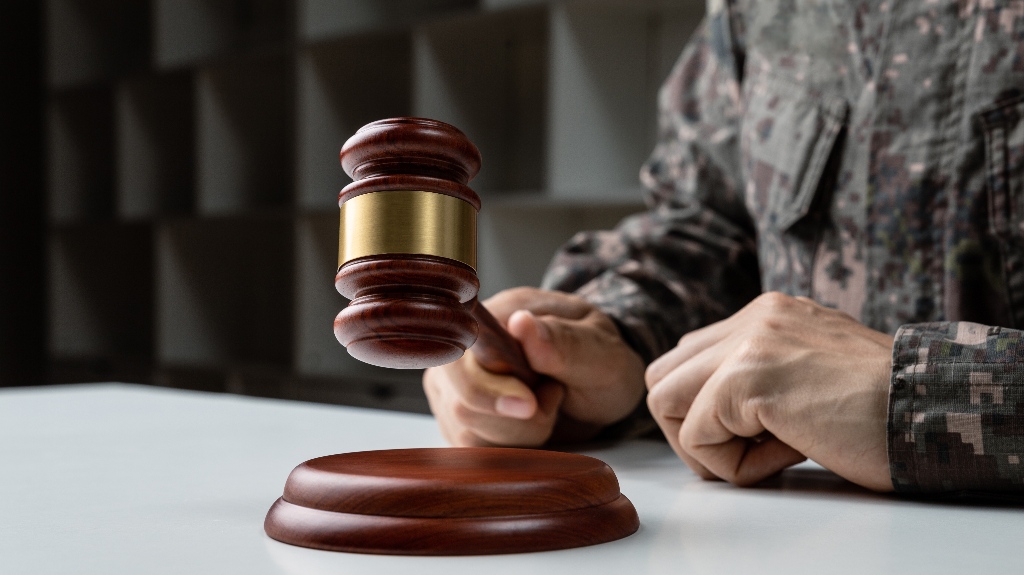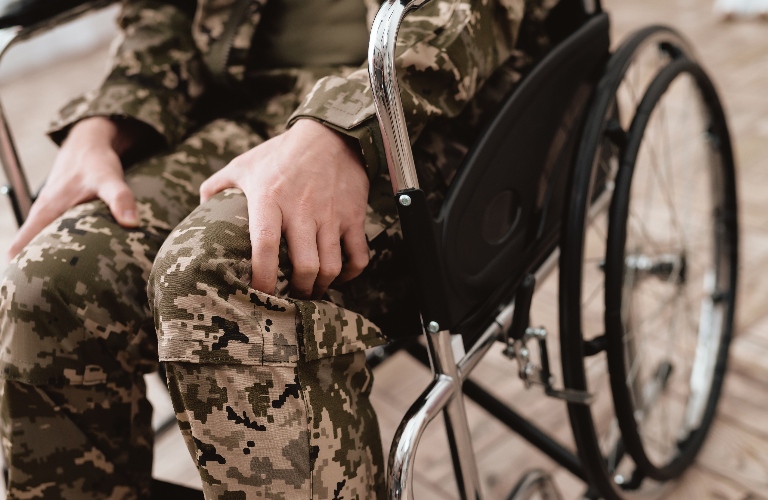
At Tabak Law, we understand that every VA claim represents a real person – a veteran who has served our country and now finds themselves in a difficult situation. Disability benefits administered by the US Department of Veterans Affairs (VA) provide crucial support, but securing these benefits often depends on one crucial element: evidence.
The VA does not just take your word for it. They need proof to support your claim. A successful application must have three key elements: current diagnosed disability, service-related event (injury or illness) and a medical link between them. Collecting evidence to support these elements is crucial for a strong case. While the VA has responsibility to assist, it is ultimately up to you, as a veteran, to prove your case.
The Three Pillars of Your Claim: What Evidence You Need
Your argument is based on three main points, and your evidence should support each of them.
Proof of an In-Service Event
This is evidence that during your military service, something may have happened that could have led to or worsened your current condition. This is not just about combat-related injuries. It may include:
- Your personal service records, such as the DD Form 214.
- Unit duty logs, deployment orders, or after-action reports.
- Personal statements from you or other service members who were present at the time of the event.
- Records of training accidents, exposure to hazardous substances, or even physical assaults.
Proof of a Current Diagnosis
You must provide medical documentation that shows you have a disability today. This can come from:
- Your doctor’s medical records, a VA medical center, or a specialist’s records.
- A clear, formal diagnosis from your medical records – not just a list of symptoms.
- Imaging results (X-rays, MRIs) and blood test results that show the severity and impact of your condition.
The Nexus: The Medical Link
This is often the most difficult part to prove. You will need a medical opinion linking your current diagnosis with the incident that occurred while you were on duty. This can be done through:
- A “nexus letter” from a private doctor.
- An independent medical opinion (IMO) that you obtain.
- In some cases, a medical opinion may be requested from a VA (Veterans Affairs) examiner.
The VA’s duty to assist, as outlined in 38 U.S.C. § 5103A, means that they are required to help you obtain relevant records and potentially provide a medical examination. However, relying solely on the VA can be risky. Being proactive in building your own evidence file can significantly strengthen your position.
Your Most Powerful Tool: The Lay Statement
Many veterans underestimate the power of their own voice and the voices of those who served alongside them. A detailed statement, also known as a “buddy statement,” is not simply a story – it is evidence.
In your personal statement, please be as specific as possible. Instead of simply saying “My knee hurts”, describe the incident that occurred during service, the pain you experienced at the time and how that pain limits your ability to do certain activities now. For example, can you no longer play with your grandchildren or do you need to stop and rest when walking?

These kinds of details will help the claims adjudicator to understand your situation better. Additionally, statements from your family, friends and other service members who can confirm your account of the event and its ongoing impact on your disability will also be helpful.
Leveraging Your Service and Personnel Records
Your official service treatment records (STRs) are a valuable source of information. These are medical notes made by military personnel or doctors while you were serving. Even a single entry about a sprained ankle could be the crucial “in-service event” that links to your current chronic knee condition. If you don’t have a copy of your STRs, you should request them from the VA. The VA has a responsibility to make “reasonable efforts” to provide you with these records. However, you should also try to obtain them directly from the National Archives.
You Served with Honor, Now Let Us Serve You
The process can be long and difficult, but you don’t have to go through it alone. At Tabak Law, we are honored to help veterans across the country. For a free, no-obligation consultation to discuss your case and how we can assist you in gathering the necessary evidence, contact us today.
